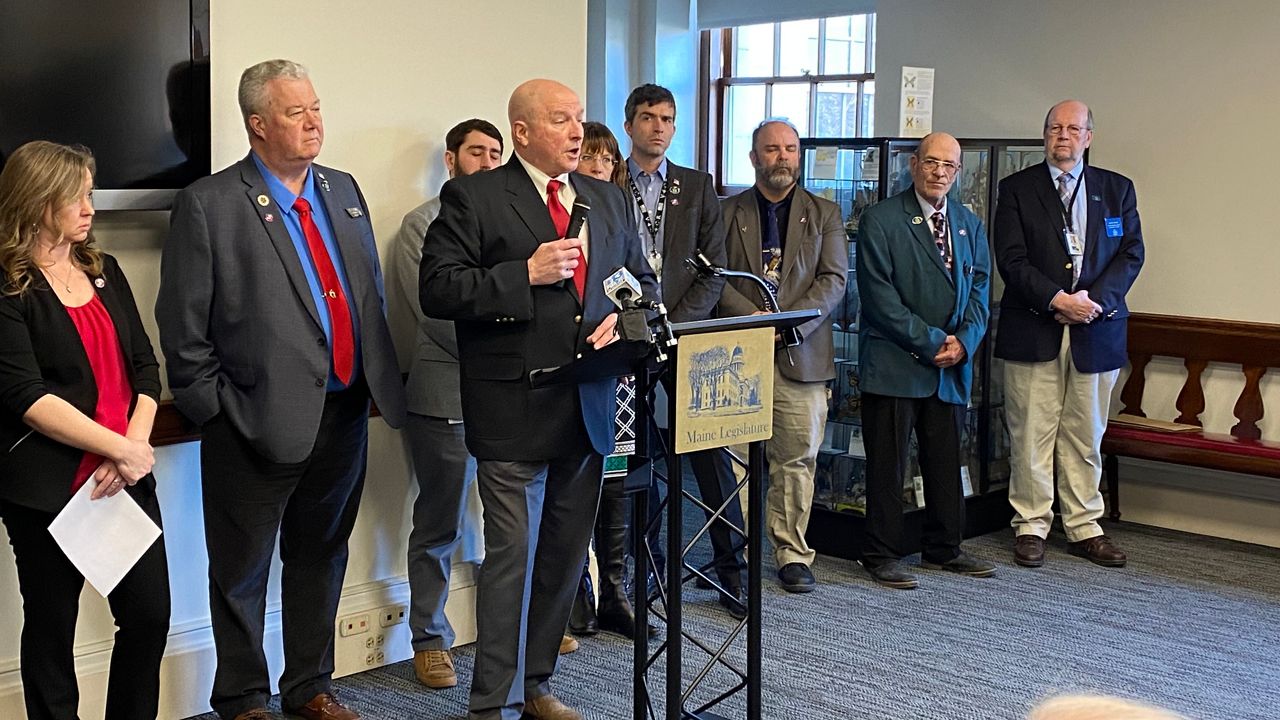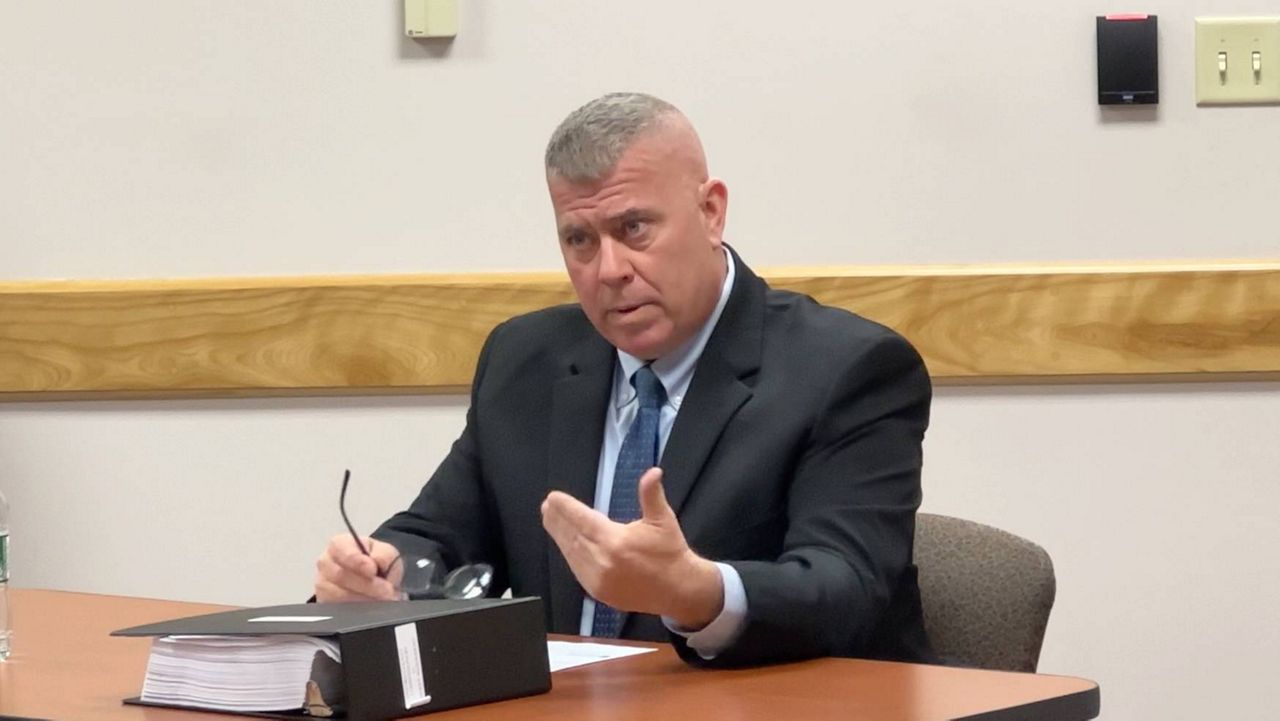Gun rights advocates flocked to the State House Monday to oppose legislation to put a 72-hour waiting period in place after the purchase of a firearm and to object to a bill that calls for expanding background checks.
Both are unnecessary infringements on the Constitution’s Second Amendment, they said.
“We maintain that gun rights are civil rights, gun rights are women’s rights, gun rights are inalienable,” said Laura Parker, president of Gun Owners of Maine.
Consideration of the bills comes just one week after the nation’s latest school shooting in which three children and three adults were killed in Nashville.
Parker said the national debate over guns that typically follows mass shootings makes it difficult to focus on what her group considers the real problem — a need to address mental health.
“The tendency is always to blame the firearm, blame an inanimate object when the reality is it’s almost always somebody who has mental health problems,” she said. “What we would like to do is be able to sit down and have a genuine conversation with people about what it is we can do to address those issues.”
In 2020, Maine had 153 firearm deaths and ranked 40th out of the 50 states for deaths per 100,000 people, according to the Centers for Disease Control and Prevention.
Of the 153 deaths, 132 were suicides, “and a majority of those deaths were young men,” said Rep. Margaret Craven (D-Lewiston), who is sponsoring the waiting period legislation.
Maine’s death rate of 10.4 per 100,000 is higher than neighboring New Hampshire (8.9) and Massachusetts (3.7), but far lower than the states with the highest rates, Mississippi (28.6) and Louisiana (26.3).
House Speaker Rachel Talbot Ross (D-Portland) is sponsoring the background check bill, which would require criminal background checks for private gun sales. Sellers could get a background check at a local police station or through a licensed gun dealer, she said.
“While LD 168 will not eradicate gun violence or suicide by firearm, it will decrease the number of deadly weapons being placed in the hands of people with extensive criminal records or serious mental health issues through unchecked private sales and transfers,” she said.
Parker and others said the background check issue was settled by voters in 2016 when a citizen initiative to require checks for nearly all gun transfers failed at the ballot box. The vote was 52-48%.
“It just seems like we keep going through this same drill year after year after year,” said Franklin County Sheriff Scott Nichols. “It just gets a little tiring.”
Craven, who characterized gun violence “as an epidemic,” said she brought forward the waiting period bill after a constituent’s 18-year-old son bought a shotgun and took his own life, all within hours of the purchase.
“She told me all she could think about was if she knew of the despair he was suffering or if any of his family had any indication of his despair, they would be able to intervene,” she told the Criminal Justice and Public Safety Committee. “Suicides by firearm will continue as long as people in crisis have easy access to firearms.”
Parker said she’s concerned about what could happen to women who are buying a firearm to protect themselves.
“In fact, it impedes, for example, a woman seeking to purchase a firearm for self-defense from doing so in a timely fashion,” she said. “Someone bent on perpetrating violence against her will not submit to the law. Why should we as a state prevent her from protecting herself?”









